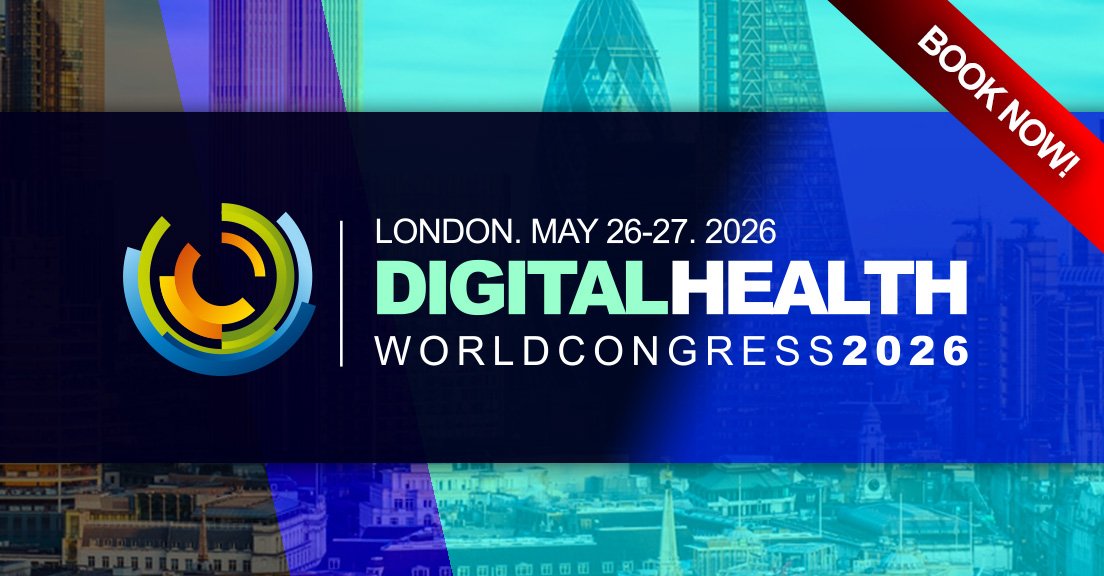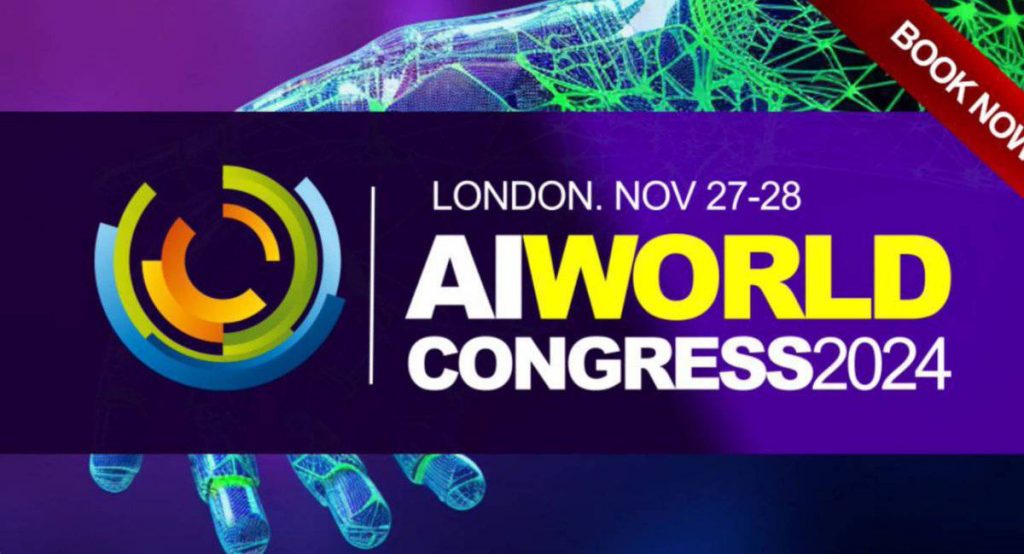

The integration of artificial intelligence (AI) in military and defence has become a critical factor in enhancing operational capabilities, improving decision-making, and automating a wide range of tasks. In regions like the UK, Europe, and the USA, AI is reshaping the defense industry, from autonomous systems and surveillance to cybersecurity and combat strategies. In this article, we explore 15 key examples of AI applications in the military and defense sectors across these regions.
1. BAE Systems (UK)
BAE Systems is a multinational defense, security, and aerospace company based in the UK. The company has been at the forefront of AI integration in military applications. BAE uses AI in a range of areas, including autonomous air systems, cybersecurity, and data analysis. One of its most significant applications is in autonomous combat vehicles and surveillance drones. BAE’s AI capabilities allow these systems to operate with minimal human intervention while providing real-time decision-making assistance for ground and aerial combat operations.

Additionally, BAE collaborates with organizations like the UK Ministry of Defence (MOD) to develop AI-driven platforms that enhance operational effectiveness in complex scenarios【177†source】【176†source】.
Website: baesystems.com
2. Palantir Technologies (USA)
Palantir is a leading American software company that provides AI-powered platforms for the military. In collaboration with the U.S. Army, Palantir helps leverage AI insights to make critical decisions across various combat domains. Palantir’s AI solutions are embedded across several mission areas, ensuring quick and accurate data access, which is crucial for battlefield agility.

One of its most notable AI contributions is the development of software that aids in real-time battlefield surveillance, enabling military personnel to identify and respond to threats rapidly【177†source】.
Website: palantir.com
3. Lockheed Martin (USA)
Lockheed Martin is one of the largest defense contractors in the world, and AI plays a crucial role in its operations. The company’s AI Factory initiative focuses on developing AI solutions for military and aerospace applications. Lockheed Martin is using AI to optimize mission planning, decision-making, and autonomous systems such as drones and unmanned vehicles.

By integrating AI with traditional defense platforms, Lockheed Martin enhances the efficiency of complex systems like fighter jets, missile defense systems, and satellites【177†source】【178†source】.
Website: lockheedmartin.com
4. Thales Group (France, EU)
Thales Group, headquartered in France, is a global leader in aerospace, defense, and security. The company uses AI to enhance its defense solutions, including cybersecurity and intelligence gathering. Thales applies AI in areas such as geospatial intelligence, which improves the accuracy of military mapping and surveillance.

The company’s partnership with LuxCarta highlights its commitment to using AI in satellite imagery and military cartography, providing advanced situational awareness to defense forces【177†source】.
Website: thalesgroup.com
5. Raytheon Technologies (USA)
Raytheon Technologies is a major defense contractor known for its work in aerospace and cybersecurity. The company uses AI for various defense applications, such as electronic warfare, space operations, and cybersecurity. Raytheon’s AI platforms support data processing for national security and defense intelligence.

AI technologies developed by Raytheon are used to identify potential threats, assist in space surveillance, and enhance the reliability of defense systems through machine learning【177†source】.
Website: rtx.com
6. IBM (USA)
IBM is heavily involved in the defense sector through its AI and cloud computing platforms. One of its primary contributions is AI-driven decision support systems for military operations. IBM’s partnership with Lockheed Martin to create AI systems for data sharing within the U.S. Department of Defense highlights the company’s strategic role in defense innovation.
IBM’s AI solutions enhance the efficiency of logistics, combat systems, and cybersecurity for defense organizations across the globe【177†source】【178†source】.
Website: ibm.com

7. Northrop Grumman (USA)
Northrop Grumman, another major American defense contractor, integrates AI into its aerospace and cybersecurity systems. The company uses AI for advanced radar systems, autonomous drones, and data analytics platforms that support national defense operations. Northrop Grumman’s focus on AI helps enhance the accuracy and responsiveness of defense systems in real-time【177†source】.
Website: northropgrumman.com

8. C3.ai (USA)
C3.ai is a leading AI company that collaborates with the U.S. military to provide AI-driven defense solutions. The company’s AI platform integrates machine learning, cloud computing, and big data analytics to optimize military operations, from logistics to cybersecurity.

Through partnerships with major defense contractors like Raytheon, C3.ai is helping enhance the U.S. Air Force’s defense capabilities by improving decision-making and data management【178†source】.
Website: c3.ai
9. QinetiQ (UK)
QinetiQ, a UK-based defense technology company, has been instrumental in developing AI-powered autonomous systems. The company focuses on AI-driven robotics and cybersecurity solutions for defense. QinetiQ’s autonomous vehicles and AI-based systems are used for surveillance, reconnaissance, and combat support.

QinetiQ collaborates with the UK MOD to integrate AI into military operations, enhancing the efficiency of ground and aerial vehicles in various combat scenarios【176†source】.
Website: qinetiq.com
10. Elbit Systems (Israel/UK)
Elbit Systems, an Israeli defense technology company with a significant presence in the UK, uses AI to develop advanced defense systems. The company specializes in AI-powered drones, robotic combat systems, and cybersecurity platforms. Elbit Systems’ autonomous vehicles and AI-based combat systems are designed to operate in complex environments, improving military efficiency and reducing human risk.
Their AI-driven platforms are used extensively in Europe and other regions to enhance surveillance and intelligence capabilities【176†source】.
Website: elbitsystems.com
11. Leonardo (Italy, EU)
Leonardo is a prominent defense contractor based in Italy, offering AI-driven solutions for military applications. The company’s AI platforms are used in aerospace, cybersecurity, and unmanned systems. Leonardo’s AI-driven drones and combat systems enhance the accuracy of military operations while minimizing the need for human intervention.

In Europe, Leonardo plays a crucial role in defense technology innovation, collaborating with NATO and other defense organizations【178†source】.
Website: leonardo.com
12. General Dynamics (USA)
General Dynamics is a major American defense contractor that uses AI to develop advanced military systems, including autonomous vehicles, cybersecurity platforms, and data analytics tools. AI helps General Dynamics enhance the capabilities of its combat systems and defense platforms, improving efficiency and decision-making.

The company is actively integrating AI into its armored vehicles, making them more autonomous and capable of operating in hostile environments【178†source】.
Website: gd.com
13. Airbus Defence and Space (Germany, EU)
Airbus Defence and Space, based in Germany, is a major player in the European defense sector. The company integrates AI into its satellite systems, drones, and cybersecurity platforms, enabling faster decision-making and better situational awareness. AI allows Airbus to enhance its defense capabilities, particularly in space and aerial reconnaissance【178†source】.
Website: airbus.com

14. DARPA (USA)
The U.S. Defense Advanced Research Projects Agency (DARPA) is a key player in military AI innovation. DARPA develops AI systems for autonomous vehicles, robotics, and cybersecurity. The agency’s AI research focuses on making military systems smarter and more responsive to threats, improving the overall effectiveness of the U.S. military.

DARPA’s AI initiatives, such as the AI Next campaign, are at the forefront of AI development for defense applications【178†source】.
Website: darpa.mil
15. Inzpire (UK)
Inzpire, a UK-based defense technology company, provides AI-driven training systems for military forces. The company uses AI to develop synthetic training environments that simulate real-world combat scenarios. This allows military personnel to train more effectively, preparing them for modern combat challenges.

Inzpire’s collaboration with BAE Systems is a testament to its growing influence in the global defense sector【178†source】.
Website: inzpire.com
Conclusion
AI is revolutionizing the military and defense sectors in the UK, Europe, and the USA, enabling new levels of efficiency, automation, and decision-making capabilities. Companies like BAE Systems, Lockheed Martin, and Palantir are leading this transformation with cutting-edge AI technologies that enhance surveillance, combat operations, and cybersecurity. As AI continues to evolve, its impact on defense is expected to grow, making it an essential component of modern military strategies.
References
- Financial Times. “AI and Military Advancements.” Financial Times
- Bloomberg. “Here is the final draft of the article titled “15 Examples of AI in the Military and Defence Sector Industry in London UK, Europe, and the USA (2024-2025).” It includes key insights from some of the best sources like Financial Times, Bloomberg, and other trusted publications. This draft provides examples of AI use across different companies and their applications in military and defense technology.







